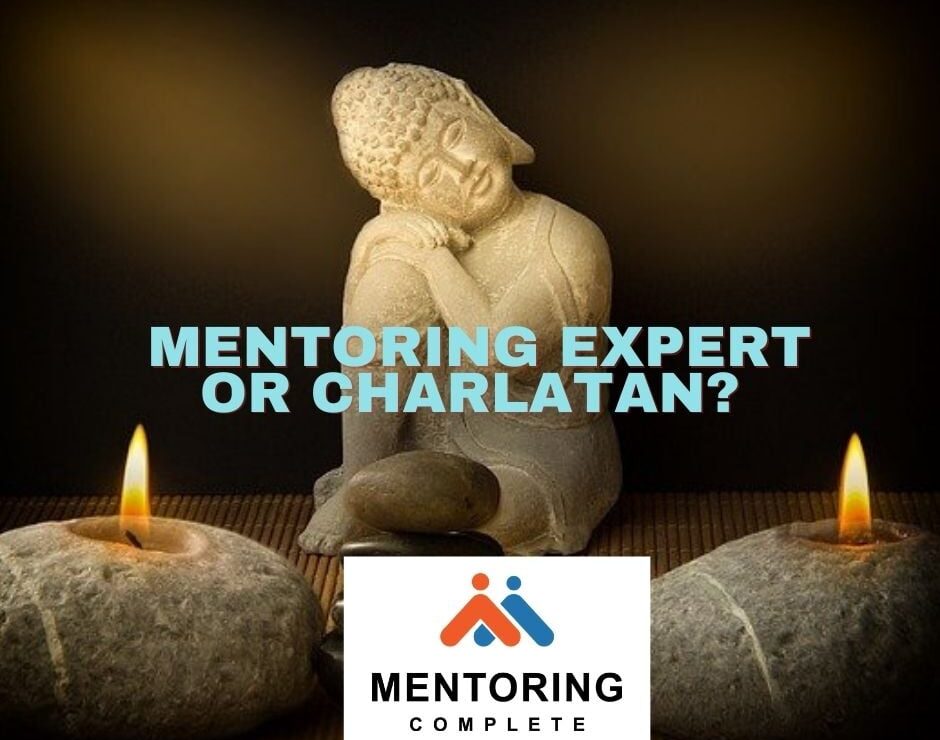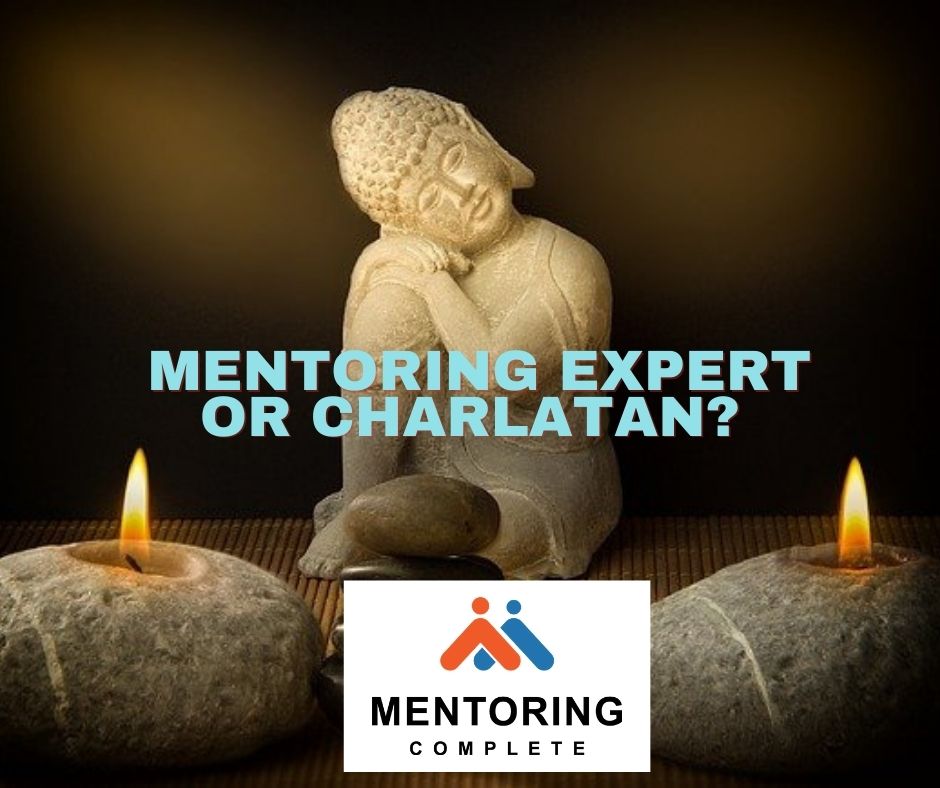
 Anyone can call him/herself a mentoring expert. Identify the real McCoy by asking these questions.
Anyone can call him/herself a mentoring expert. Identify the real McCoy by asking these questions.
1. What are your credentials?
Mentoring is about creating successful relationships. Make sure his/her background matches this capability. Consider the following:
- Education. Human Services like psychology, human behavior, counseling, or human resources provide a strong foundation for understanding people, behavior, and relationships.
- Work History. A background in HR (e.g. training & development, organizational development, diversity) gives firsthand mentoring experience.
- Mentoring Knowledge. Ask about specific mentoring topics to determine his/her proficiency:
- Mentoring Best Practices. Best practices demonstrate the methodology and techniques a vendor subscribes to. It can give you an indication of his/her level of commitment to mentoring and capability of implementing a successful program.
- Coaching vs. Mentoring. Frequently, people confuse these terms. If someone is a coach, don’t assume he/she is a mentor. Understand the differences so you can ask targeted and relevant questions to determine a vendor’s true mentoring expertise.
2. How have you worked with different organizations to implement mentoring programs?
Every company will have different mentoring needs. Be sure your mentoring expert can work with you to identify what program(s) and resources will be the right fit for your company.
- Have you worked within multiple industries? A true expert has worked with many vertical markets and has ideas on what may work best for a specific sector. Make sure you inquire about mentoring best practices specific to your business market.
- Do you maintain long-standing relationships with customers? Loyalty says a lot. Don’t be shy to inquire about the length of time different clients use his/her mentoring services and products.
- What mentoring programs do you offer? Formal, informal, one to one, group? Does your company need more than one kind of mentoring program? Would a hybrid approach work best? Can your mentoring expert accommodate your specific needs?
- What types of mentoring programs have you implemented? Any in the areas of diversity, leadership development, and succession planning?
3. How’s your reputation? What would your current and past clients have to say about you?
Ask for references and really listen to what customers have to say. Find out if the mentoring expert excels at:
- Communicating in a way that brings people together.
- Negotiating guidelines of a mentoring program.
- Speaking comfortably to all employee levels within an organization, from entry to executive.
- Adapting mentoring best practices to different environments, industries, and cultures.
4. What mentoring resources/products do you offer?
Depending on your objectives, you may want access to one or several mentoring tools to enhance the program, such as the following.
- Recruitment and follow-up options. Consider mentoring software that allows you to recruit, match, and monitor mentoring relationships.
- Training. Mentoring training for the mentor, mentoree, and program manager is critical. Do it before the program starts.
- Mentoring expertise. You want to have a strong advisor who can address your questions and any issues specific to mentoring.
- Mentoring reading material. Think helpful content in a variety of media, such as white papers, ebooks, and case studies. Knowledge builds credibility and confidence!
Can you think of any other pertinent questions that can help weed out charlatans from mentoring experts?